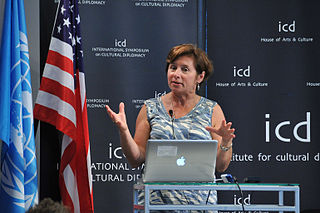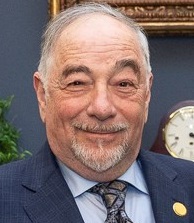A Quote by Kofi Annan
You can do a lot with diplomacy, but with diplomacy backed up by force you can get a lot more done.
Related Quotes
Let me be clear: I'm a believer in a robust military, which is essential for backing up diplomacy. But the implication is that we need a balanced tool chest of diplomatic and military tools alike. Instead, we have a billionaire military and a pauper diplomacy. The U.S. military now has more people in its marching bands than the State Department has in its foreign service - and that's preposterous.
Part of diplomacy, the hard work of diplomacy is trying to extract whatever concessions you can get, and giving something the other side wants. Of course you've got to try to make peace with, and work with those who are your adversaries, but you don't just rush in, open the door, and say, "Here I am. Let's talk and make a deal."
I believe on foreign policy that there is little difference between the Democrats and Republicans on the Senate Foreign Relations Committee. We believe that the best course for containing North Korea's nuclear program is through diplomacy, and we disagree with the language the President Donald Trump has used, and the fact that he's made it more difficult for diplomacy to work.
For a smart man, why would Trump conduct absurd limp-wristed missile strikes while the Chinese are sitting with him in Mar-a-Lago. Do they not understand protocol and diplomacy? I don't understand. Do they understand that is probably one of the greatest breaches of diplomacy I've ever seen in my lifetime.










































